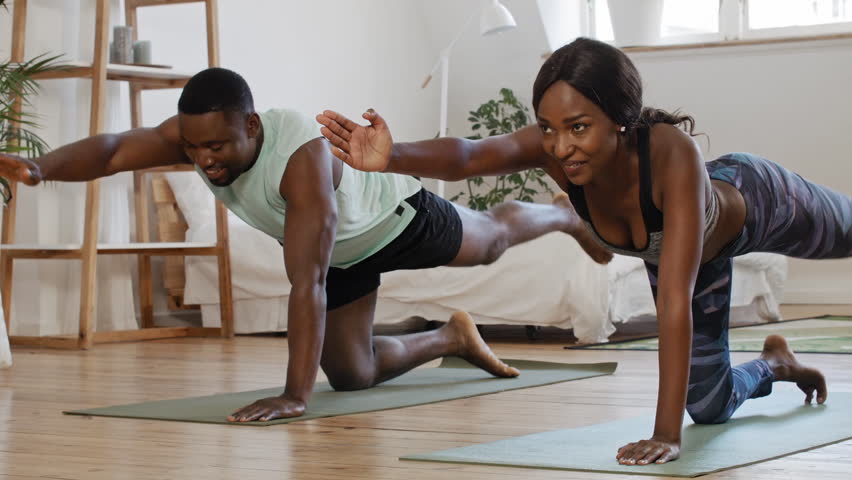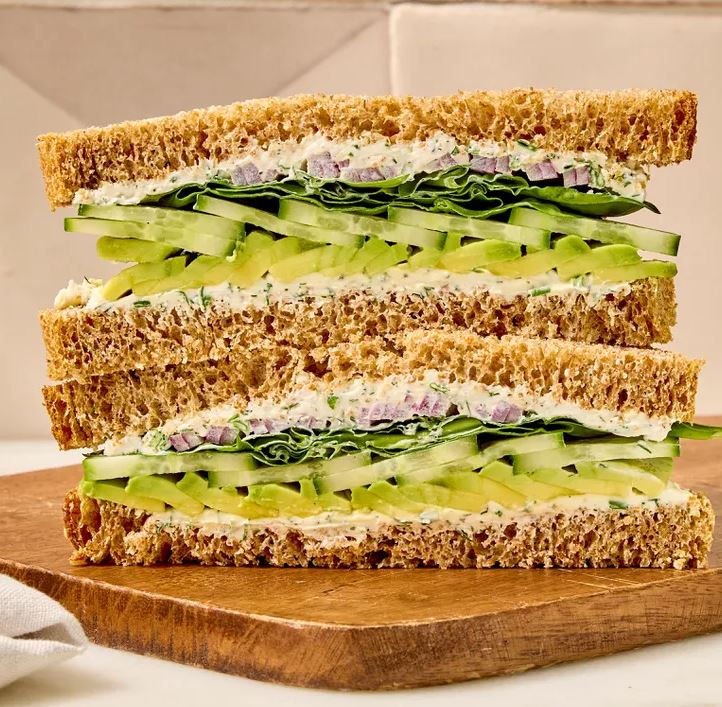Find below ten stress relievers proven to be among the most effective for the amount of work and time involved. Most can be learned in the time it takes to read this page and will help you to feel more relaxed almost immediately. And even more exciting, the stress relief benefits will increase with regular practice. Try out as many as you can…
- Breathing Exercises. Deep breathing is an easy stress reliever that has numerous benefits for the body, including relaxing muscles and quieting the mind. Breathing exercises are especially helpful because you can practice them anywhere. Perhaps more importantly, they work quickly so you can de-stress in a flash. The Karate Breathing Meditation is a great exercise to start with, and this basic breathing exercise can be done anywhere to help you reverse your stress response, get back to being more proactive (rather than reactive), and face stress with greater resilience.
2. Meditation. It builds on deep breathing and takes it a step further. When you meditate, your brain enters an area of functioning that’s similar to sleep, but carries some added benefits you can’t achieve as well in any other state, and meditation actually allows you to build greater resilience toward stress over time. (Read more about the benefits of meditation.) Also, the focus on the present moment keeps your mind from working overtime and increasing your stress levels, and from engaging in destructive mental habits such as rumination. Here’s an article on different types of meditation to help you get started.
3. Guided Imagery. It takes slightly more time to practice guided imagery, but this is a great way to leave your stress behind for a while and relax your body. Some find it easier to practice than meditation, as it allows more engagement of the conscious mind. You can focus on imagining relaxing environments you would love to visit, or on memories of your “happy place” for when you’re stressed. You can play natural sounds in the background as you practice, to promote a more immersive experience.
4. Visualizations. Building on guided imagery, you can also imagine yourself achieving goals like becoming healthier and more relaxed, doing well at tasks, and handling conflict in better ways. Also, visualizing yourself doing well on tasks you’re trying to master actually functions like physical practice, so you can improve your performance through visualizations as well!
5. Yoga. Yoga is one of the oldest self-improvement practices around, dating back over 5 thousand years! It combines the practices of several other stress management techniques such as breathing, meditation, imagery and movement, giving you a lot of benefit for the amount of time and energy required. Learn more about how to manage stress with yoga.
6. Self-Hypnosis. Self-hypnosis incorporates some of the features of guided imagery and visualizations, with the added benefit of enabling you to communicate directly you’re your subconscious mind to enhance your abilities, more easily give up bad habits, feel less pain, more effectively develop healthier habits, and even find answers to questions that may not be clear to your waking mind! It takes some practice and training but is well worth it. Learn more about using hypnosis to manage stress in your life.
7. Exercise. Many people exercise to control weight and get in better physical condition to become more healthy or physically attractive, but exercise and stress management are also closely linked. Exercise provides a distraction from stressful situations, as well as an outlet for frustrations, and gives you a lift via endorphins as well. This article can tell you more about the stress management benefits of exercise, and help you get more active in your daily life.
8. sex. You probably already know that sex is a great tension reliever, but have you officially thought of it as a stress-relieving practice? Perhaps you should. The physical benefits of sex are numerous, and most of them work very well toward relieving stress. Sadly, many people have less sex when their stress levels are high. Learn how to avoid this trap!
9. Music. Music therapy has shown numerous health benefits for people with conditions ranging from mild (like stress) to severe (like cancer). When dealing with stress, the right music can actually lower your blood pressure, relax your body and calm your mind. Here are some suggestions of different types of music to listen to, and how to use music in your daily life for effective stress management.
10. Get Organized. Although getting organized and staying organized is not often thought of as a stress management technique per se, this is an activity that can reduce the stress you face in your life, and can even be calming as you are engaged in the act. By working through the clutter of your life, you can eliminate those energy drains that can make you feel like you’re ‘being pecked to death by ducks’ and reserve that energy for dealing with life’s more important challenges. Read more on being organized and eliminating extra stress from your life.























